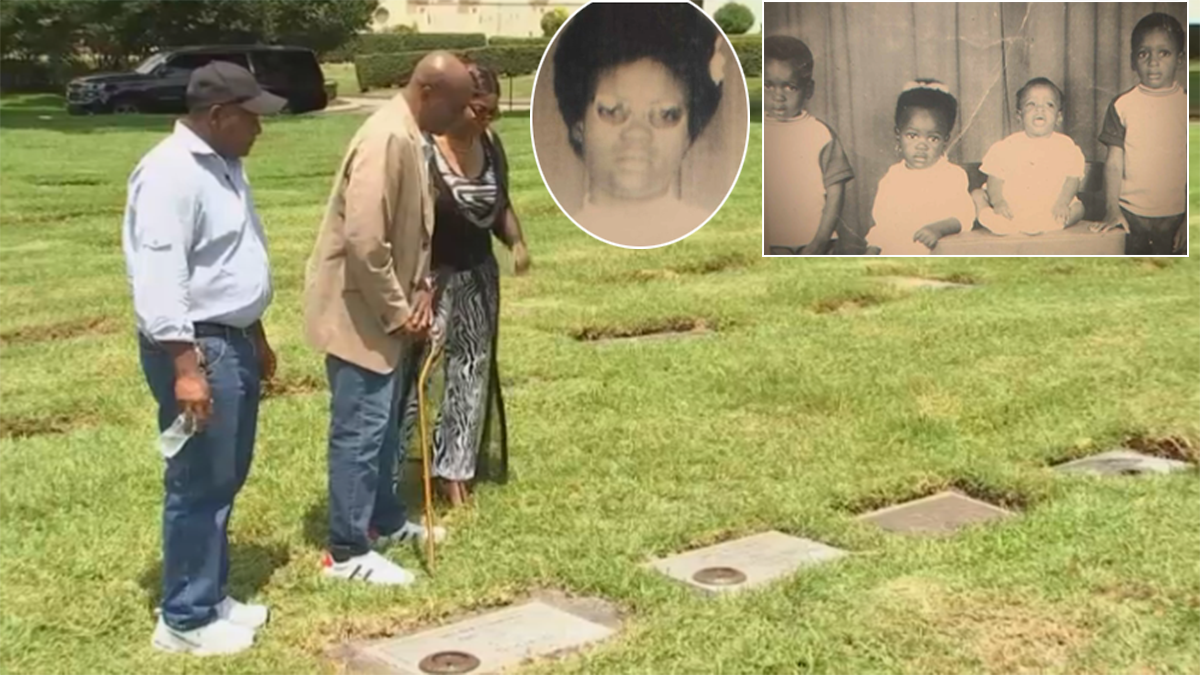Carvalho versus Board of Education sounds like a Supreme Court case, but it's just a description of the ongoing battle between Miami-Dade Schools Superintendent Alberto Carvalho and the Florida Board of Education.
The latest skirmish happened Monday at the board's meeting in Miami Gardens at Florida Memorial University. Both sides are locked in a disagreement over the Florida State Assessment exams, the FSA.
"Every school, every student was impacted by technological glitches," Carvalho said to the board, recalling the botched rollout of the test last school year in Miami-Dade County and in the rest of the state as well.
Speaking as a representative of all school district superintendents in Florida, Carvalho appealed again to the board, asking members to not assign letter grades to schools based solely on the results of the FSA testing.
"Recognizing the troubles that the state faced in terms of technology glitches, cyber attacks, stop and go processes, to disregard that and say, let's move forward, everything is okay, I think is overly optimistic," Carvalho said.
Regardless of the obstacles students faced in taking the FSA, the Board of Education said its hands are tied. By law, it has to issue school grades based on the results of the FSA tests.
"So to delay that would be a disservice to our students, it is in law, I don't have the authority to change that law," said Pam Stewart, Florida's Commissioner of Education.
Local
The difference this year, besides using results from a disputed exam, is that the board won't be able to consider student gains in learning when assigning grades to schools. The formula has been half test scores, half learning gains since 2002.
This year, because they have no baseline test scores to use as a comparison, it will be all about the test scores, so the superintendents say it's not a fair measurement.
"Issuing grades with only 50 percent of the traditional criteria, performance alone, excluding learning gains, is irresponsible and sends the wrong message to students, teachers, and the community at large," Carvalho said.
Carvalho warned the board that its system of school accountability is losing credibility among parents and teachers all over the state.
"If we don't have an accountability system that's trusted in the state, then shame on us," responded Board Member Gary Chartrand, who said the board should conduct a major campaign to inform the public that while learning gains can't be figured into the grading formula, individual students will be assessed on test scores plus evaluations from teachers.
The superintendents have questioned the validity of the test, saying it was compromised by the numerous computer issues during the rollout.
The board said its independent audit showed only one-percent of students statewide suffered performance lags caused by the glitches as they tried to take the FSA. Click here to see the report. Therefore, the board feels confident moving forward with the FSA results.
"I think the validity study does show that not only was the experience such that it was aligned to our standards but also that their performance was not impacted dramatically," said Commissioner Stewart.
The superintendents also question the validity of the validity study, and insist that with all the problems schools and students experienced, school grades should stay the same for this year, but test scores should be released. They call it a compromise.
"Some say that there's nothing that can be done to halt this freight train, to that I say best to get it right than to simply get it done," Carvalho said.
The school grades will come out in January, nine months after students took the exams, and just weeks before the next round of testing.



